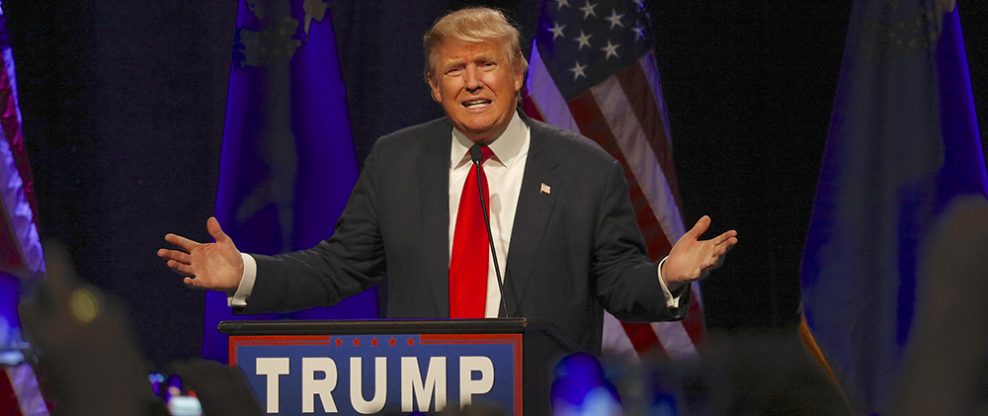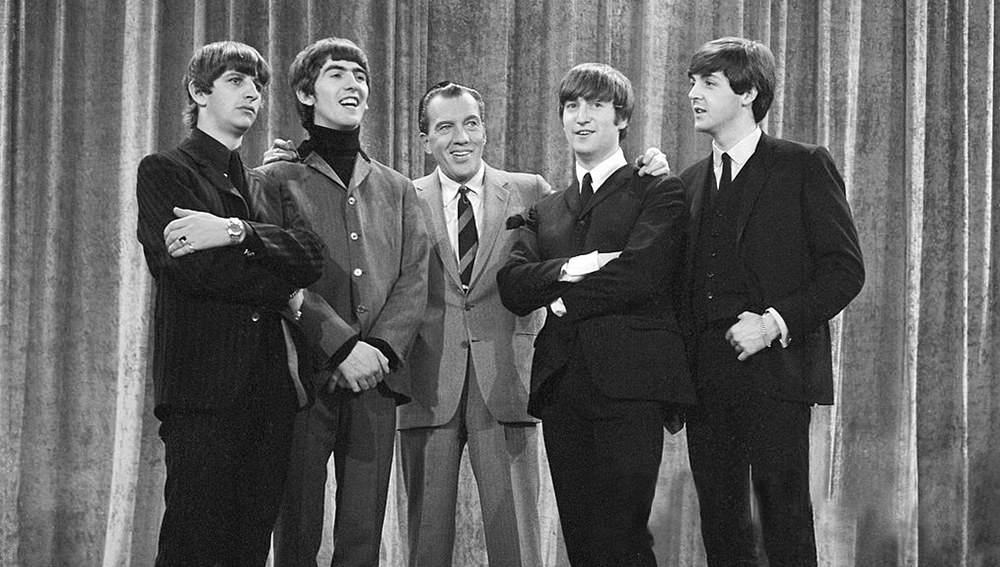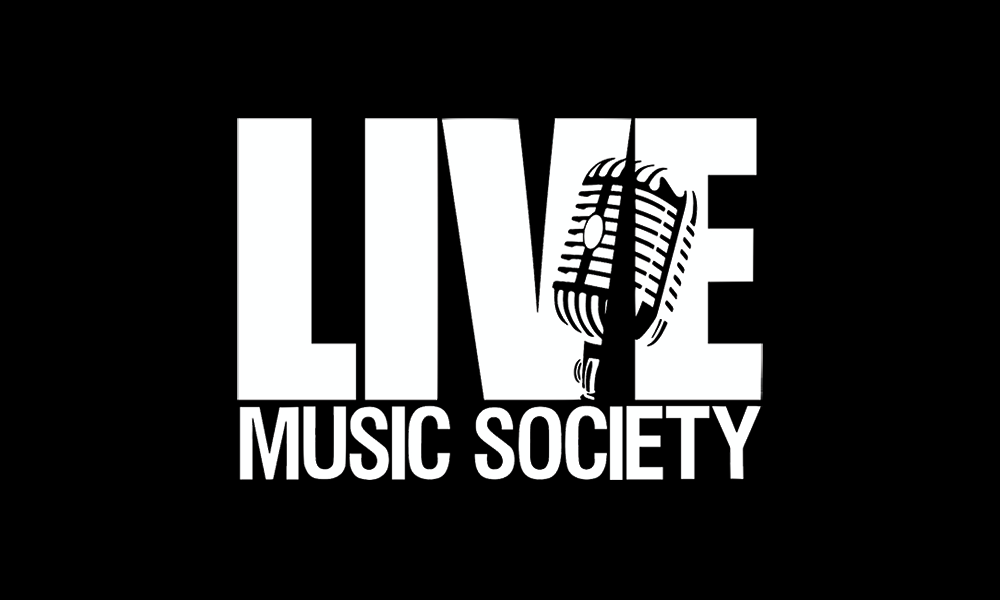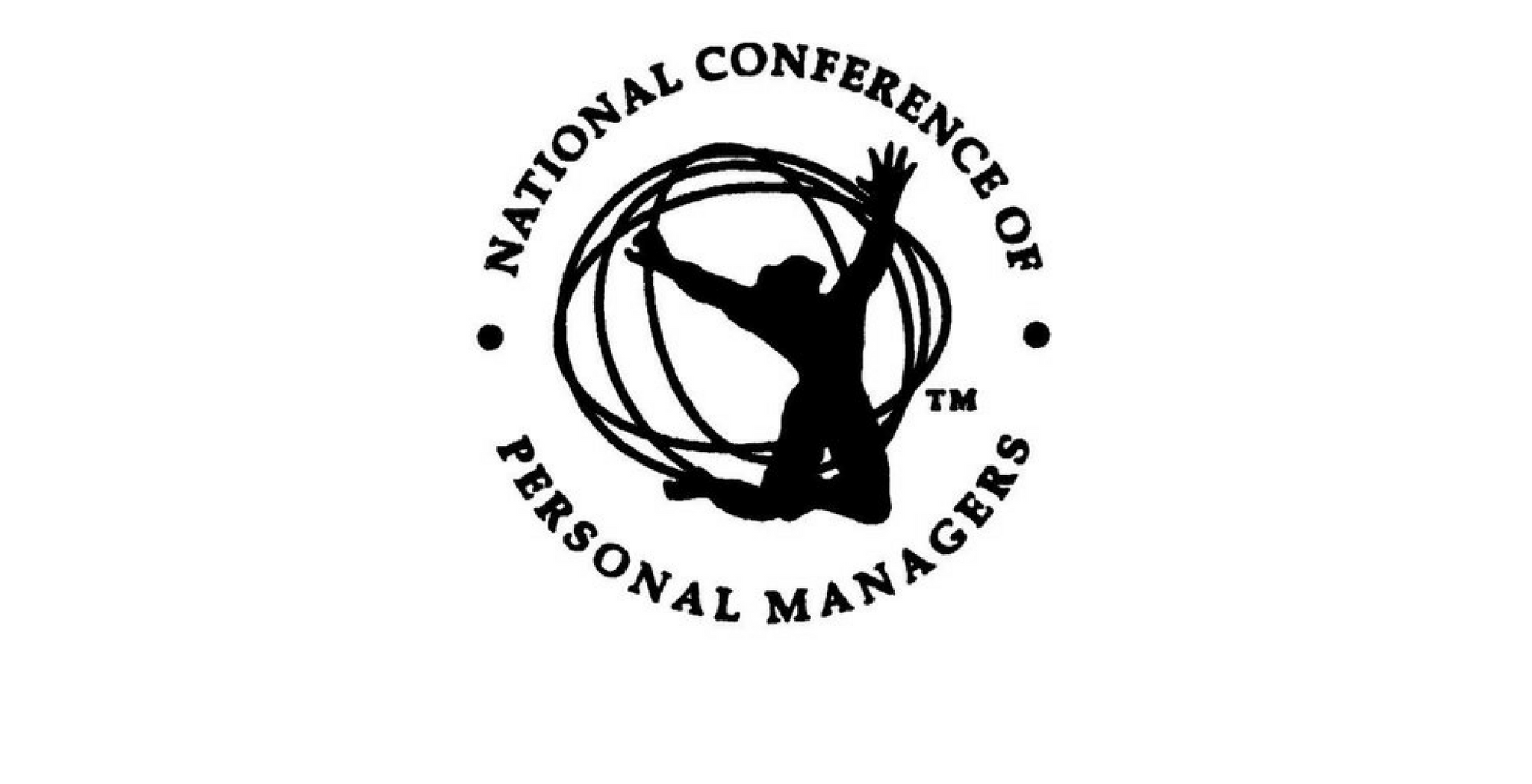(Hypebot) — Tariffs hit music gear makers first. but they are starting to hit the entire music industry hard. Even if you’re buying American-made, rising import costs on parts mean musicians will soon be paying a lot more.
Tariffs Hit Music Gear Makers First, But Musicians Are Next
by Bobby Owsinski via Music 3.0
I think most of us have been reading the news and wondering how the newly imposed tariffs could be a good thing, but we haven’t been directly feeling the effects yet. That’s about to change as manufacturers are now beginning to see the increased costs as a result of the tariff, which means that consumers, and yes, even musicians, are next.
A new survey of U.S. companies by ‘Big 4″ accounting company KPMG says that they’re feeling the pain of the Administration’s new tariff program. Even though the tariffs are still being negotiated with many countries, U.S. businesses are now reporting they are currently experiencing “. . . declining gross margins” which will force them to “further raise prices.” Of course, as a result many have “suffered sales declines from retaliatory tariff increases” and that doesn’t look like it’s going to stop.
These tariffs, especially those targeting China, have resulted in a substantial rise in import costs, affecting a wide range of instruments and accessories. The music industry relies heavily on international supply chains, with many instruments and components manufactured in China and other countries. Tariffs can disrupt these supply chains, leading to delays and shortages, as well as increased prices.
According to a report from The Peterson Institute for International Economics, “in 2024, China accounted for $560 million (35.7%) in US musical instrument and parts imports, more than the next three exporting countries (Indonesia, Japan, and Mexico) combined. These imports faced an average 11% duty. As of April 12, these products are subject to a 145% duty — a 1,218% increase. Obviously, these tariffs will increase costs, not just of imported goods but the domestic products that compete with them .”
Made In The USA Doesn’t Matter
Even if an instrument was assembled in the U.S., it’s a good bet that many of its parts came from outside the country and are affected by the tariffs as a result.
Case in point, China produces nearly 80 percent of the world’s neodymium magnets, which are used for most of the musical instrument speakers that we use. Because these magnets have capabilities in many more manufacturing situations beside music, Chinese neodymium magnets are now subject to retaliatory export controls. As a result, an amplifier like a Fender Twin Reverb may be made in the USA, but its speakers are manufactured in Italy using neodymium magnets most likely coming from China. Guess who’s going to end up paying for that?
What To Look Forward To
So here’s what’s going to happen. 80% of the manufacturers surveyed said that they were going to raise prices in the next 6 months. How much they were going up was all across the board, from 5% to as high as 100% or even more.
To make matters worse, not only are U.S. companies getting pushback from domestic customers over prices, but most have lost the Chinese market as well, the second largest economy in the world. Talk about a double whammy!
About the best we can hope for right now is that the Asian tariffs will be negotiated down to a minimal figure so we can head into the end of the year without much damage done to the music gear (and overall) economy.
If that doesn’t happen, 2026 will bring a whole lot of hurt to musicians everywhere.
Bobby Owsinski is a producer/engineer, author, podcaster and coach. He has authored 24 books on music production, music, music AI, the music business and social media.
























































